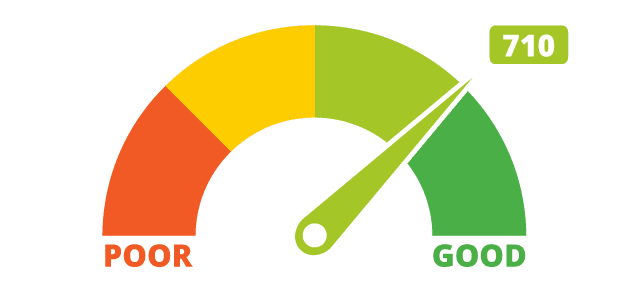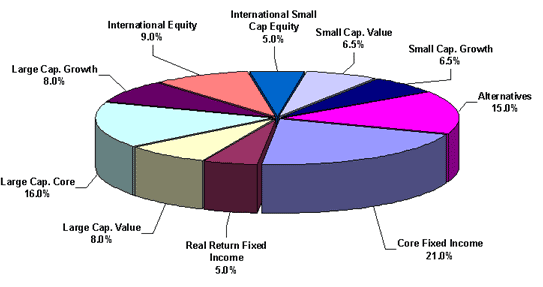Satish is a family man, with a spouse, two children and dependent parents. Although, he has no major medical expenses till now, Satish is confident that in case of a medical emergency, his corporate health insurance would help him. Nevertheless, Satish is making a mistake by relying completely on his workplace insurance. Although, his medical expenses may have been negligible so far, time will take a toll on his family’s health and more medical complications will crop up. The chances are high that his corporate insurance will become insufficient.
Like Satish, many people believe that their corporate health insurance is adequate and there is no need to buy a separate health insurance policy. However, what they fail to acknowledge in the entire process is that our changing lifestyle, exorbitant medical costs and inflation rate may make it necessary to have an individual health cover. Also, let’s not forget that buying a health insurance would cost high as we grow old. So, is it wise to rely only on corporate health cover? Does it make sense to buy an individual health plan? Let’s try to find answers of these questions.
What is included under corporate health insurance?
It is a group insurance that covers all employees of an organization under a single plan. Besides covering maternity and pre-existing ailments at nominal rates, your corporate health insurance can give you an option to expand health coverage with voluntary deductible.
What is included under individual health insurance plans?
It includes insurance policies which a person buys for themselves or for their family. It covers both personal and family floater health plans. Unlike corporate health insurance, here an insurer can increase the coverage by opting for some additional covers, such as top-up and super top-up, as per their current life-stage. Here, premium rates depend on age and current health state of the insurance applicant.
Corporate health insurance Vs Individual Health Plan
- Cost: Some organizations offer their corporate health plans at free of cost, while others charge a nominal amount of, say Rs 200 or 300/month. On the other hand, in individual health policy, your premium outgo can go anywhere between Rs 6000 and Rs 8000 for Rs 5 lakh coverage.
Further, premiums of group health policy are deducted from the salary itself as opposed to individual plans wherein premium is required to be paid separately.
- Waiting period: While corporate health policies cover illnesses or medical conditions right from day one, there is a waiting period of, say three or four years, before they are covered under individual health plans.
- Underwriting: For a corporate health plan, a company accepts all employees, irrespective of their age or health condition. However, in case of an individual health plan, insurers can accept or reject the policy application on the basis of an applicant’s age and medical condition.
- Customization: As corporate health policy is purchased by an organization, it is not possible to customize it. Your individual health plan, on the other hand, can be customized to suit your requirements.
- No claim bonus: With a corporate health policy, if you don’t make a claim throughout the policy tenure, you as an individual, do not get any no claim bonus. However, in case of an individual health plan, if there is no claim throughout the policy tenure, you are entitled to get a no claim bonus in the form of low premium or additional cover at free of cost.
- Tax benefits: In a corporate health plan, all premiums are paid by an employer, and therefore, you can’t claim for tax deductions. On the other hand, as you pay your premium on an individual policy, you become entitled to get tax benefits as per the prevailing Income Tax laws.
Is corporate health insurance sufficient?
According to BigDecisions.com, over 95% of middle-class Indians are underinsured. As per the study, most of the salaried professionals believe that their employer insurance cover is sufficient and doesn’t need to be supplemented. However, chances are high that your corporate health insurance may prove to be futile due to the following reasons:
- Limited number of people covered: It is not necessary that your corporate health policy may cover your dependent parents and children also. This would create a huge financial gap because elder people usually need frequent medical attention.
- Low sum insured: Rising medical inflation leads to high hospitalization costs. However, corporate health plan may prove to be insufficient to meet your medical expenses. Further, there may be caps on various things, such as room’s rent, and surgeon’s fees.
- Out-of-pocket expenses: Many corporate insurance policies have additional clauses, such as co-payment, and deductible. In fact, according to an ICICI Lombard report, 76% of companies have incorporated co-pay and room-rent limit clauses. It means employees need to bear costs out of their own pocket.
- Job switch: If you change your job, it is not necessary that your new employer will also offer you health cover. As soon as you leave your current company, you are out of the insurance umbrella of the existing corporate health plan.
- Post retirement: Retirees are not covered by most of the corporate health schemes. However, medical costs rise with an increase in age due to the need for frequent medical care. Unless the person had foresight to buy an independent health cover earlier, he will be left with no cover at this age.
- Change in work policies: According to Marsh India, over 70% of employers surveyed in 2013 had modified their health insurance plans between 2011 and 2012 to manage high medical costs. They introduced changes, such as partial or full withdrawal of parental cover, high compulsory deductible and high rent restrictions. As a result, employees are left with low coverage.
Conclusion
It is strongly advised to buy a standalone health insurance which is like a safety net around you and your family. The cost of an individual health insurance is also reasonable which makes it an apt choice for most of the people. Please add that it is easy to buy a health cover online and you can also compare plans. Plus health insurance plans are portable.
We cant write about premiums, since they may vary by the time this article goes live. In addition, premium varies for people who smoke, it is always a good idea to mention smoker and non-smoker when giving such examples.
Also, over the last few years, medical inflation has increased at a rapid pace, both in urban and rural India. Hence, it is important to buy an individual health plan equivalent to your annual income.








